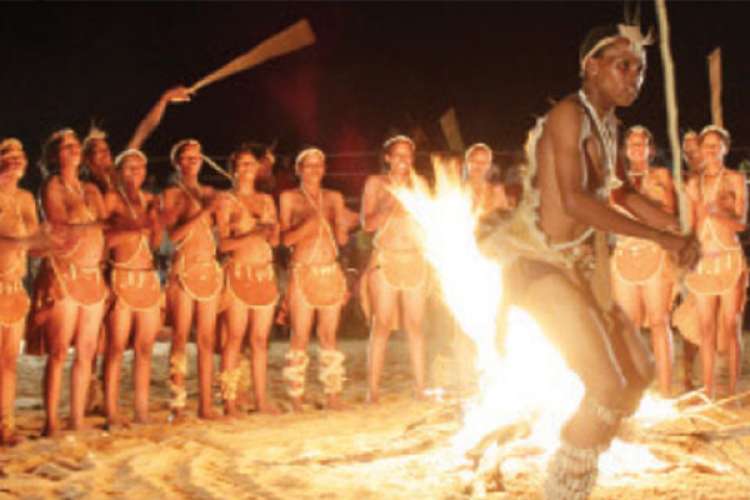Cultural festivals prioritised over mother-tongue teaching
Cultural festivals have lately dominated our social calendar with various tribes showcasing their respective cultures in music, dance, food and art at regular cultural celebrations. Members of parliament, cabinet ministers, traditional leaders or government officials presiding at these events never tire of lecturing their audience on the pertinence of the preservation of their culture.
The communities, especially their children, are cajoled to not abandon their cultural roots in order not to lose their identity and cultural values because, “A nation without a history is a lost nation and a people without a culture is a lost [people].” Predictably, when the Assistant Minister of Local Government and Rural Development, Botlogile Tshireletso addressed the Francistown cultural day celebrations recently, she harped on this familiar theme.
The host of the event, Kgosi Gunny Moses of the Monarch Customary Court followed suit when appealing to the people to not let go of their culture. The cultural celebration was organised by the customary court presidents of Monarch, Donga, Tatitown, Gerald Estates and Phase 4 in Francistown. While government has rejected the introduction of mother-tongue teaching for various reasons, the same government has been consistent in sponsoring the cultural events through the Ministry of Youth Sports and Culture as well as Department of Tourism. Observers see government’s sponsoring of culture events while refusing to introduce mother-tongue teaching as inconsistent. Some of the so-called minority languages whose cultural celebrations government is happy to sponsor, were taught during protectorate rule only to be discontinued after independence. The argument then was that the objective of national unity for the newly independent Botswana would be better achieved by the use of a single language.
Government also argued that teaching the other local languages besides Setswana would be costly. Subsequently, government used the absence of teachers and books in the concerned languages as defence in its reluctance to teach the other languages spoken in this country. Observers say it is both contradictory and hypocritical to deny the so-called minority tribes the opportunity to learn their languages at school and then turn around and sponsor the preservation of their cultures. Explained as, “... the characteristics and knowledge of a particular group of people defined by everything from language, religion, cuisine, social habits, music and arts,” culture is embedded in language. It is commonly accepted that, without language, culture is not possible.
Naturally therefore, if a language declines either in terms of quality and spread especially among the youth because it is not taught and therefore has got no evident utility to them, their attachment to the culture also wanes. A good mastery of a language enables a person to use idioms, proverbs and other forms of speech which are critical to an artiste when composing a song, for example. Symbolisms are also very important to artiste. In a word, artists from the so-called minority tribes are not only disadvantaged in terms of a limited market for their products but struggle to sing in their own languages. Nor can the youth from the minority languages write their own languages. Research shows that children develop a negative attitude towards their language and culture when their language is not taught.
Research also indicates that the first step of the extinction of a language is when its children cease to speak it. “Speakers of minority languages abandon their languages and cultures in the hope of overcoming discrimination to secure a livelihood and enhance social mobility for themselves and their children,” says researcher Matthias Brinzinger. According to a University of Botswana lecturer who preferred anonymity, “If culture is so important to government that it is willing to sponsor the cultures of minority languages, they might as well sponsor the teaching of these languages.” Asked whether it made sense to “kill” the language of a people but sponsor the development of its culture at cultural celebrations, the chairman of the Cisiya-nkulu Trust Basubiya, Ndana Ndana, a lecturer at UB, said, “That is the fundamental question. Surely other efforts have to be explored to promote these cultures.
One of those efforts is to go beyond lip-service and have a language and education policy that embraces mother-tongue teaching. Promoting dance is not enough. Hopefully, the gesture is the beginning of greater things for our so-called minority languages,” said an optimistic Ndana. For his part, social commentator, Anthony Morima noted, “This is hypocrisy. It is simply a lullaby. We have a leadership that concentrates on peripheral things at the expense of things that really matter to the people. There is nothing wrong with celebrations but sometimes they are used by those mandated to officiate to gain political leverage.”






